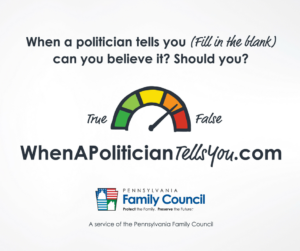Summary:
In a rush to expand gambling (aka “gaming”) in recent years, lawmakers in states like Pennsylvania have largely ignored serious social costs to individuals and communities, facts supported by evidence from the health and social sciences.
Facts & Sources:
Casinos depend on problem gamblers for their revenue base.
- People who live close to casinos or slot machine venues are twice as likely to become addicted problem gamblers as people who live more than 10 miles away. View source
- Nationally, 75% of casino customers who gamble casually provide only 4% of revenues – while – 40% to 60% of casino revenues come from problem gamblers. View source
- Problem gambling affects families and communities and it can lead to – financial hardships, debt burdens, loan defaults, fraud, excessive payday borrowing, and bankruptcy. View source
Casinos typically weaken nearby businesses and property value.
- Casinos don’t encourage non-gambling businesses nearby because they become a one-stop destination. They are not like a movie theater or a sports stadium, offering a limited-time amusement. It is designed to be an all-absorbing environment that does not release its customers until they have exhausted their money.
- Casinos typically hurt property values in host communities, according to economists for the National Association of Realtors. View source


